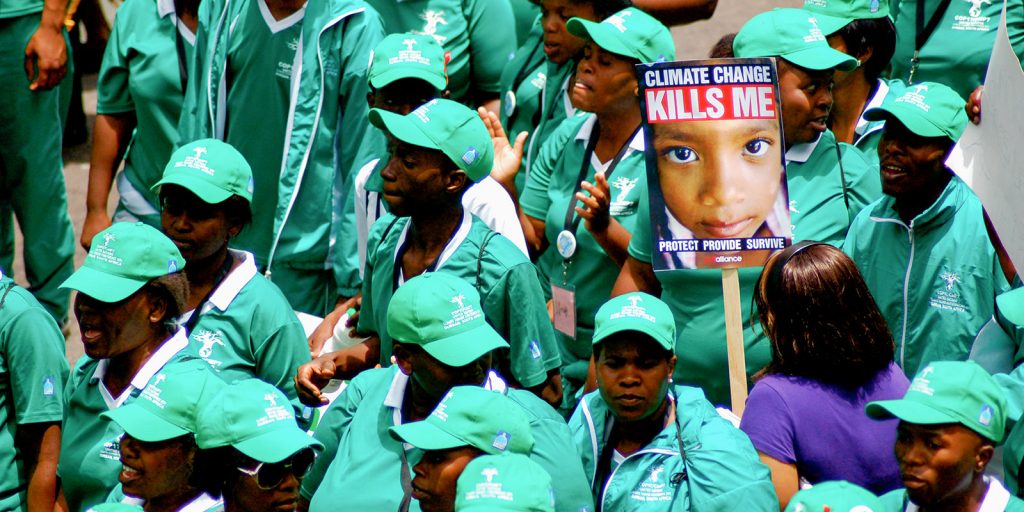
COVID-19 Conflict & Resilience Monitor – 3 November 2021
During the COVID-19 crisis ACCORD’s analysis is focused on the impact of the pandemic on conflict and resilience in Africa.

During the COVID-19 crisis ACCORD’s analysis is focused on the impact of the pandemic on conflict and resilience in Africa.
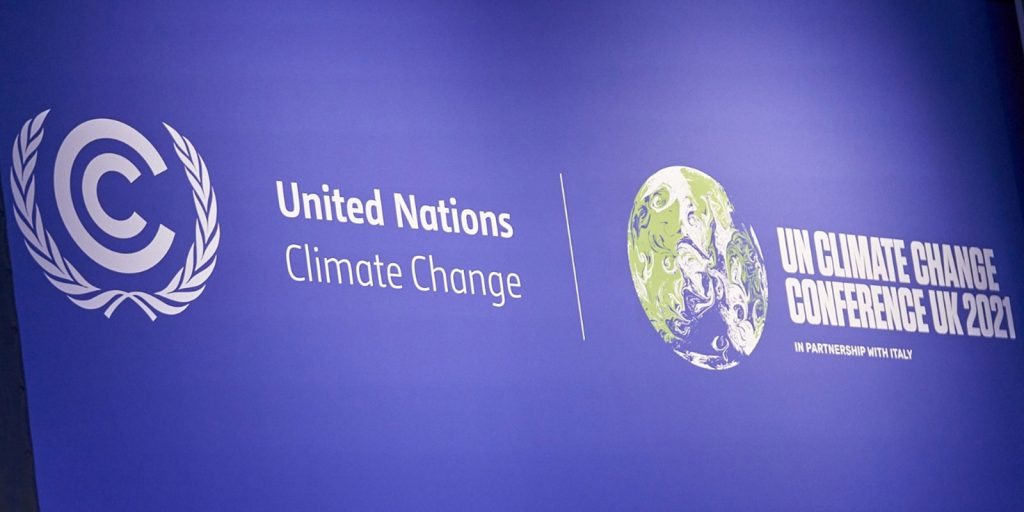
Progress on global collective action to deal with climate change is a necessity and the last UN report on where we are at shows that we are not close to meeting the targeted emissions by 2050
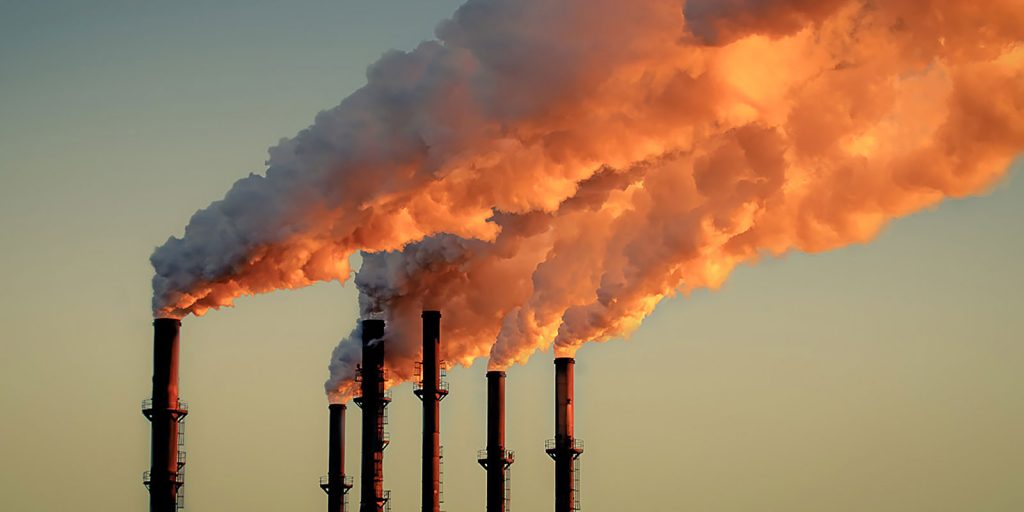
People in African countries have long been identified as among those most likely to be adversely affected by catastrophic climate change.
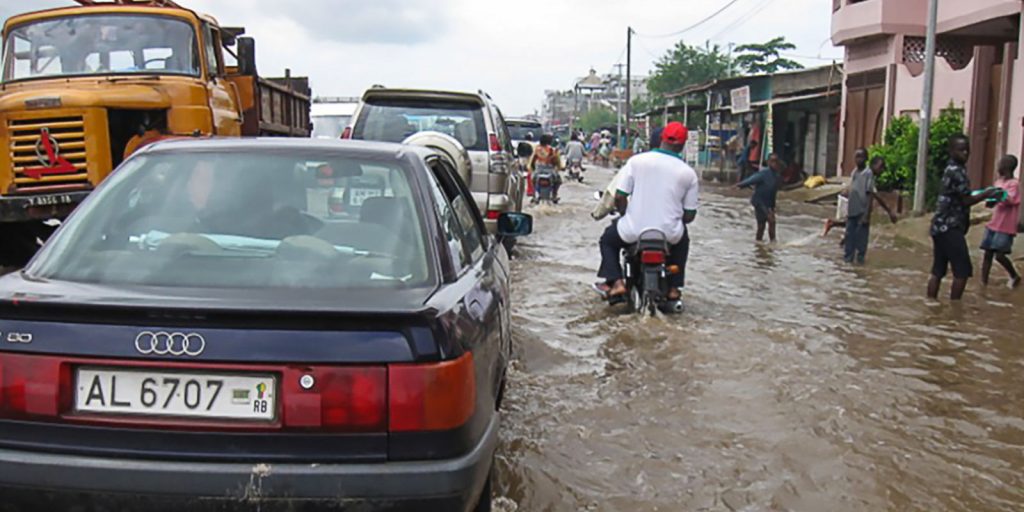
African countries are, however, interested in more than just net-zero targets and strategies. They also want to see ambitious targets for other COP 26 objectives.
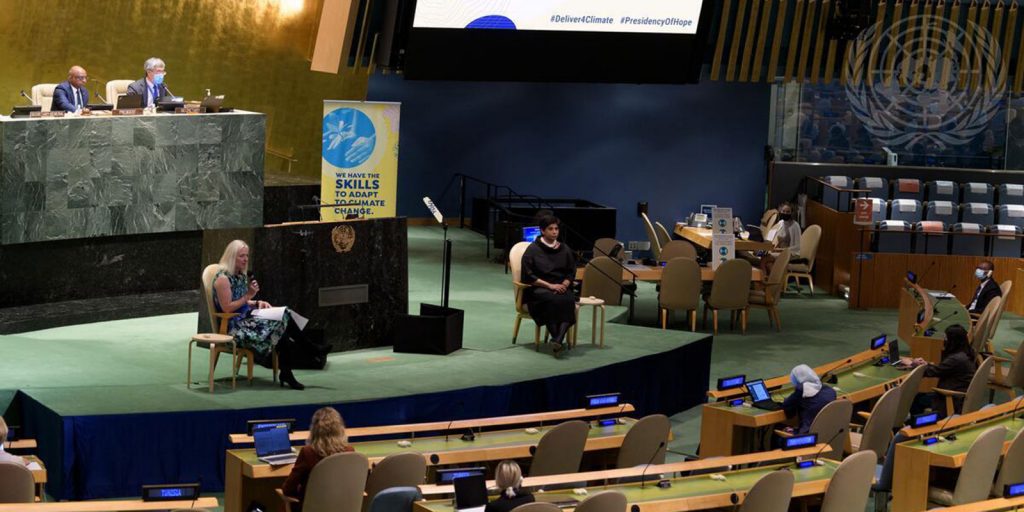
Africa is set to suffer the most from climate change. Here are five key messages from the continent.
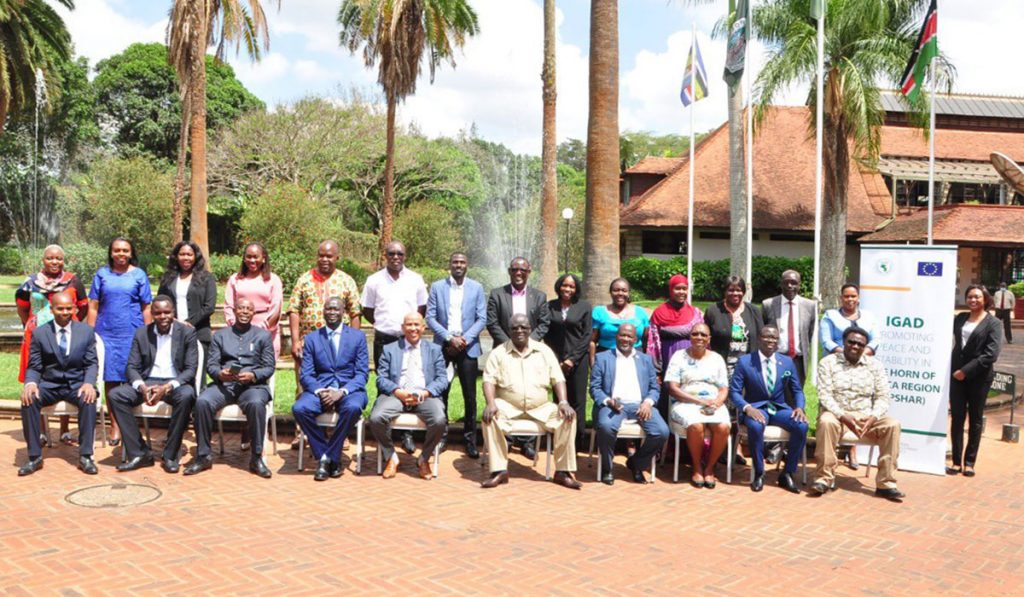
Dr Aleu Garang, the Head of the Mission of IGAD to the Republic of South Sudan and Director of IGAD MSU at the IGAD Secretariat in Djibouti, highlights the relevance of knowledge sharing in conflict prevention, management, and resolution efforts
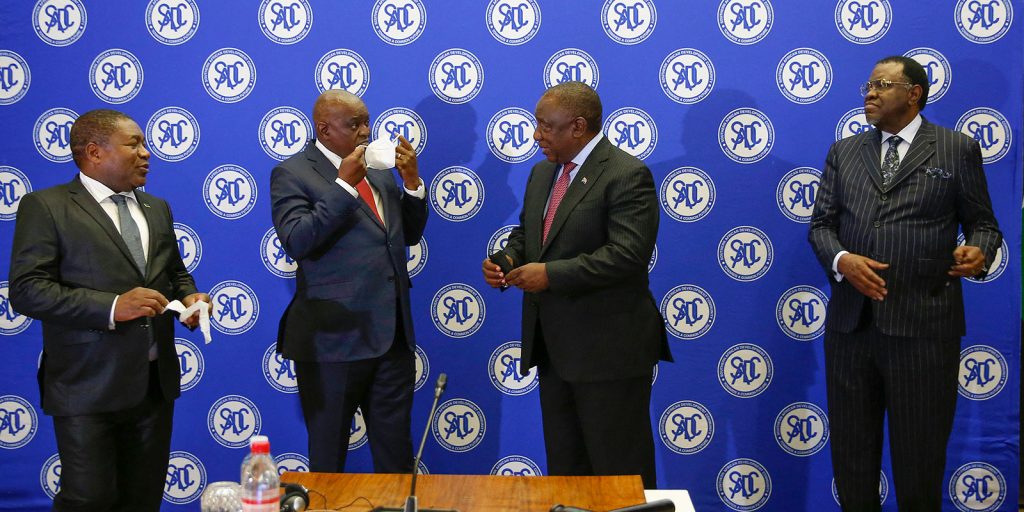
During the COVID-19 crisis ACCORD’s analysis is focused on the impact of the pandemic on conflict and resilience in Africa.
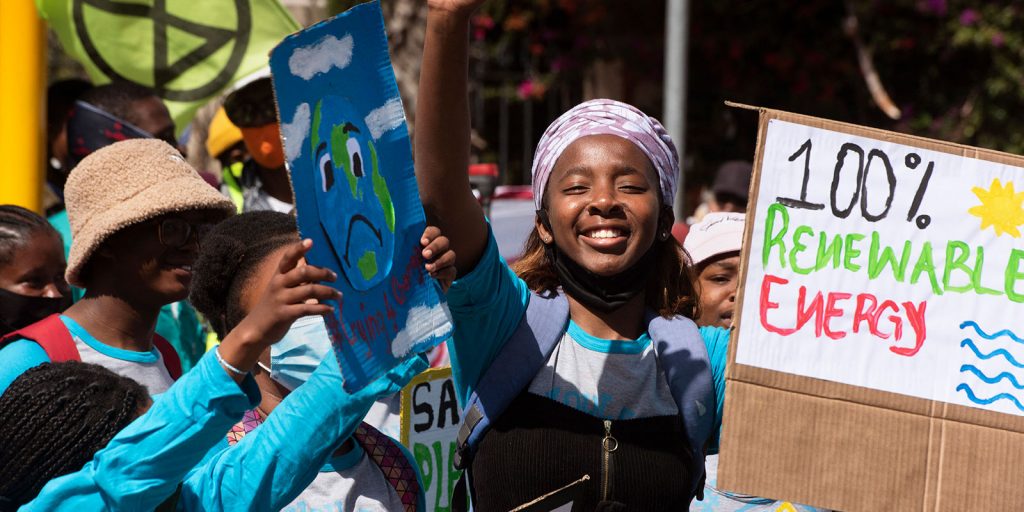
Africa carries the heaviest burden of the associated climate change effects, despite contributing less than 5% of the world’s greenhouse gas emissions. African countries cannot be ignored, or just listened to. Their needs should shape the agenda.
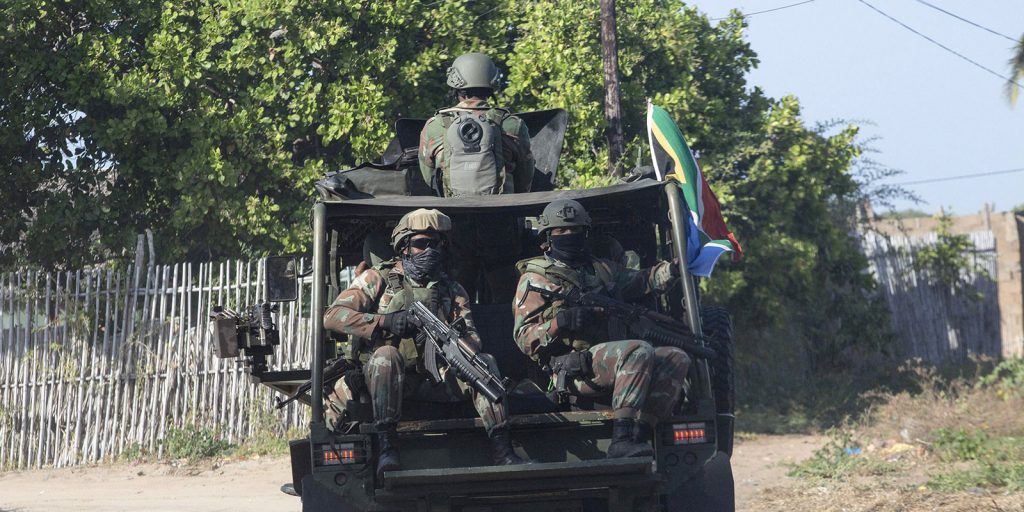
At present, SAMIM is operating in Cabo Delgado with the full consent of the Mozambican government. Despite initial resistance to SADC involvement, Mozambique has consented to the SADC deployment.
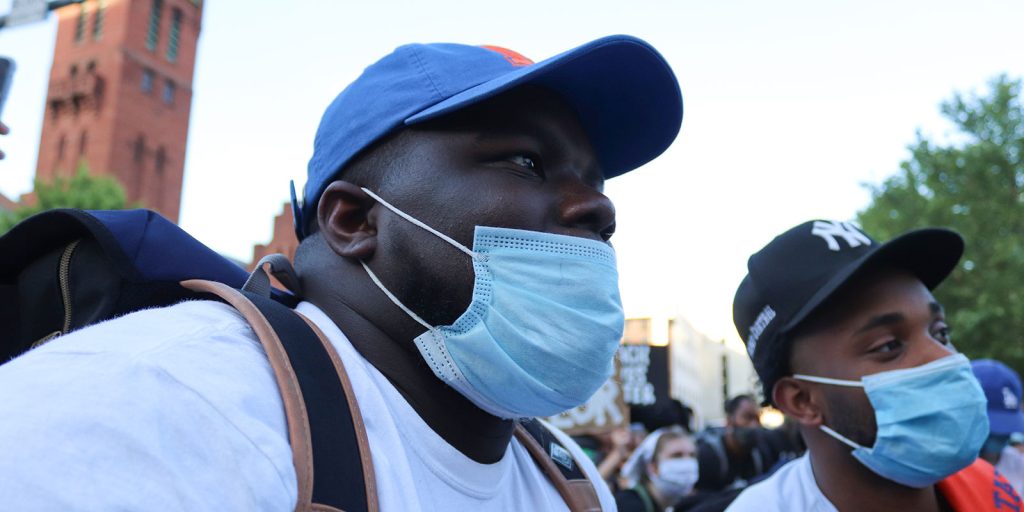
During the COVID-19 crisis ACCORD’s analysis is focused on the impact of the pandemic on conflict and resilience in Africa.